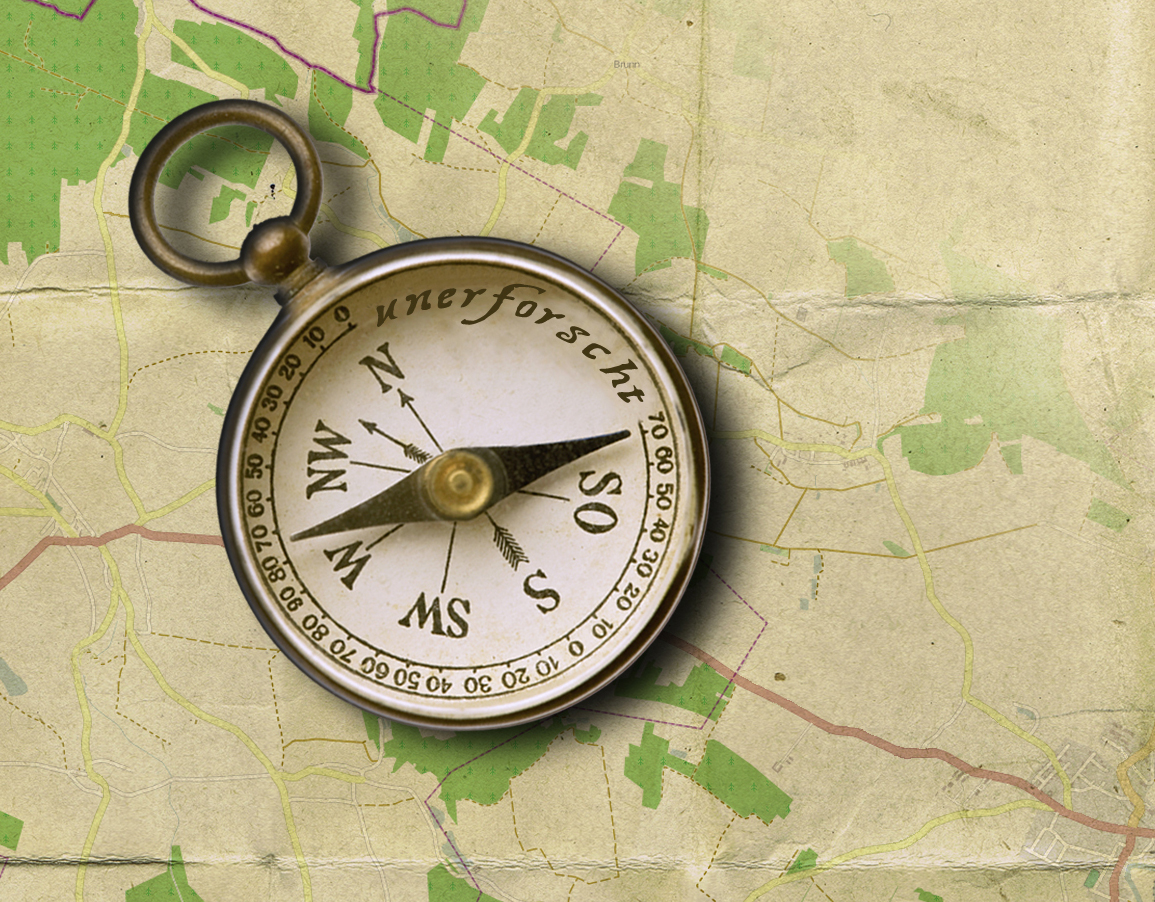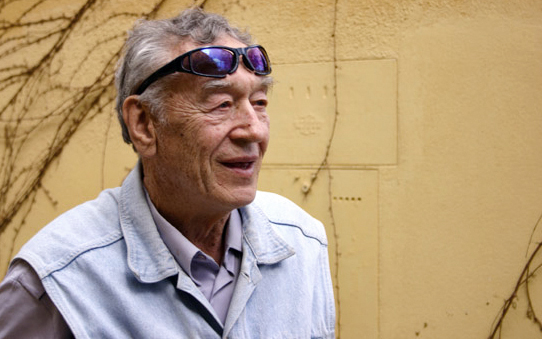
In Memoriam Anton Klein, „Retter der Lobau“
22.07.1935–02.06.2013
On a rainy morning in May, the Lobau can be rather deserted. The nudists who usually pop up with the first rays of the sun haven’t arrived yet. Only a few bikers and joggers are on their way. As the clouds disappear for a moment, orchids and bell-flowers shine through the underwood. Raindrops glitter in the ghostlike webs, cocooned around cherry-trees by moths.
I met Anton Klein on my second visit to the Lobau this year. A thunderstorm was approaching and I seeked shelter in the Lobau-Museum, two small cottages whom I hardly ever noticed before, let alone visited. The museum is a motley collection of newspaper-cut-outs, stuffed animals, two small aquariums and hand-drawn posters, explaining the dynamics of the alluvial forest. Amid this weird collection stood Mr. Klein, speaking to every visitor like a teacher to his pupils. Despite his name („klein“ means „small“) Mr. Klein is 6,5 feet tall. He is in his eighties, but looks at least 15 years younger. He talks nearly without interruption, jumping from subject to subject. He points out the biological cycle of the Danube, talks about fish and beavers and holds an endless monologue about the hybris of men.
As I learned later, Mr. Klein was a most important figure for the Lobau. Back in 1978 the government wanted to clear the forest to make place for an industrial area. Mr. Klein protested. He collected Signatures – around 200.000, he says – and wrote a letter to the Austrian Chancellor Bruno Kreisky. Kreiskys answer is pinned on the museum-wall. „Dear Mr. Klein“, the Chancellor wrote, „nature conservation is a most important task. Nevertheless we cannot neglect the needs of the future, and sometimes we have to make sacrifices.“
But the government had not taken in account the stubbornness of Mr. Klein and all the people who were with him. In the end the Lobau became a National Park.
In late August I paid another visit to the Lobau-Museum. I didn’t meet Mr. Klein, but I made the acquaintance of Elisabeth Zeman and Norbert Sendor, wildlife-photographers and friends of Mr. Klein. „Well, Toni is a strange man“, Mrs. Zeman said. „Full of energy, never making compromises. He never joined a side, neither the government nor the WWF. He is like the Fidel Castro of the Lobau. Luckily he was engaged in a good thing.“
Zeman and Sendor told me, that Mr. Klein used to be a policeman. „He is proud of never having used a gun in his life. He was a kind of Robin Hood. When he had arrested a small thief, he often let him go, giving him some money or something to eat. But he was most harsh on the wealthy and the powerful“. For the Government this stubborn individual must have been a pain in the ass. As he began his livelong engagement fort the Lobau, he was reduced in rank two or three times. Nevertheless he stayed a policeman till his retirement.
The National park was Mr. Klein’s greatest triumph. But he was also the discoverer of the Hundsfisch (Dog fish). This species was believed to be extinct till Mr. Klein found some individuals in a bayou of the Danube. Now he breeds them in his Aquarium.
The 1980ies brought a new vision towards nature and environment in Austria. In Zwentendorf the implementing of an atomic power plant was stopped. In Hainburg hundreds protested with success against the destruction of the alluvial forest. The green party was found, and the public interest towards nature and environment increased. But time has changed. „Even the Lobau isn’t what it used to be“, Sandor explaines. “The government wants to build a tunnel under the Lobau. They would never have dared to in the 1980ies. But today nobody cares.” And there are more threads: “The alluvial forest suffers from dryness due to the regulation of the Danube. Wild animals are frightened away by fishermen, dogs and bikers.” Bathing in the nude has a long tradition in the Lobau. But things get out of control, Sandor says. “There are too many of them for the good of the forest. The lakes became a meeting point for drug addicts and gay men looking for sex.”
Zeman has a somewhat milder approach: “We are wildlife-photographers, and naturally we would prefer to be alone in the forest”, she adds ironically. In her opinion the Lobau-Museum is an obsolete relict. “Mr. Klein is a fine man. But he is an old-fashioned and has no sense of education. He has cramped way too many information in this dark rooms and he likes to boss people around. No wonder, they don’t take him serious any more.”
On my way home I came across a student from the Vienna University of Agriculture. She was doing a research about National Park-management, interviewing visitors and taking notes on their behaviour. She is an environmentalist and a regularly visitor of the Lobau. I asked her, if she was a friend of Mr. Klein. “Klein? Never heard of him”, she said
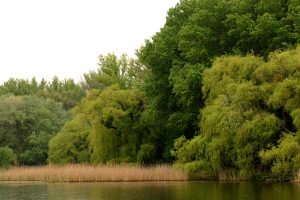
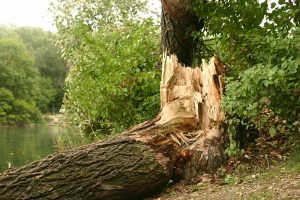
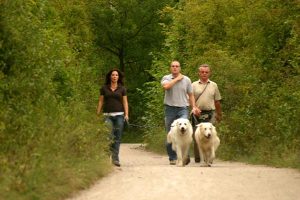
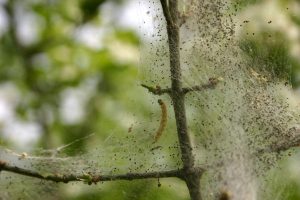
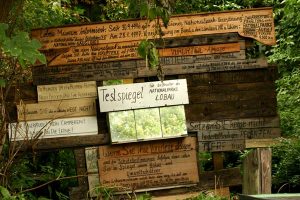
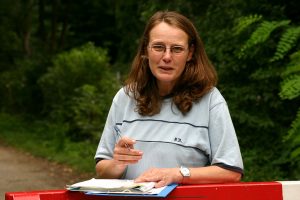
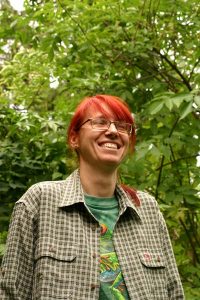
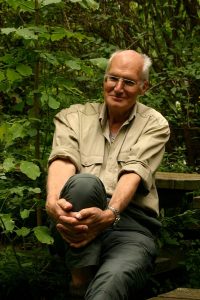
.
